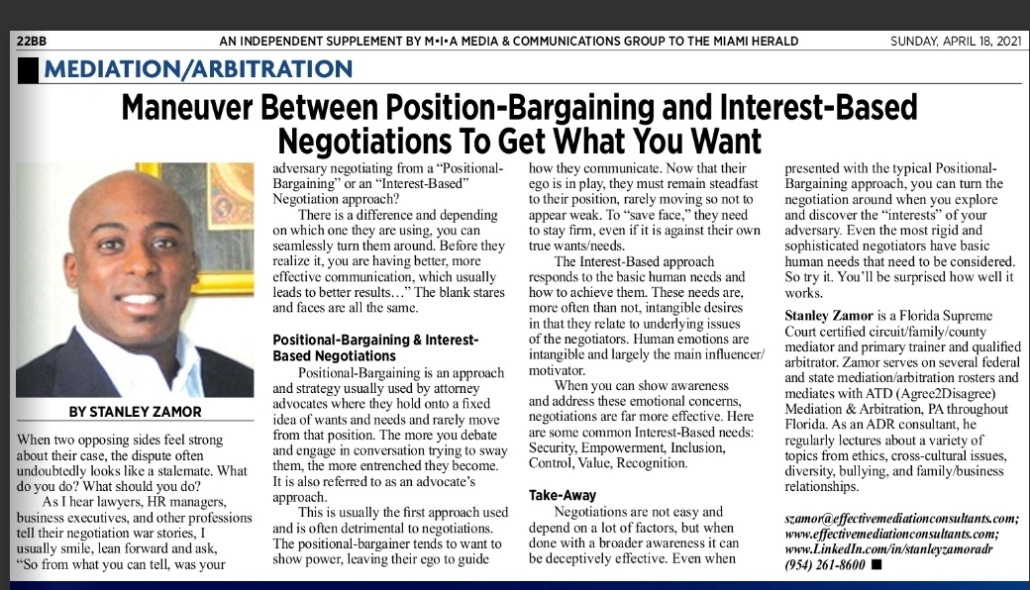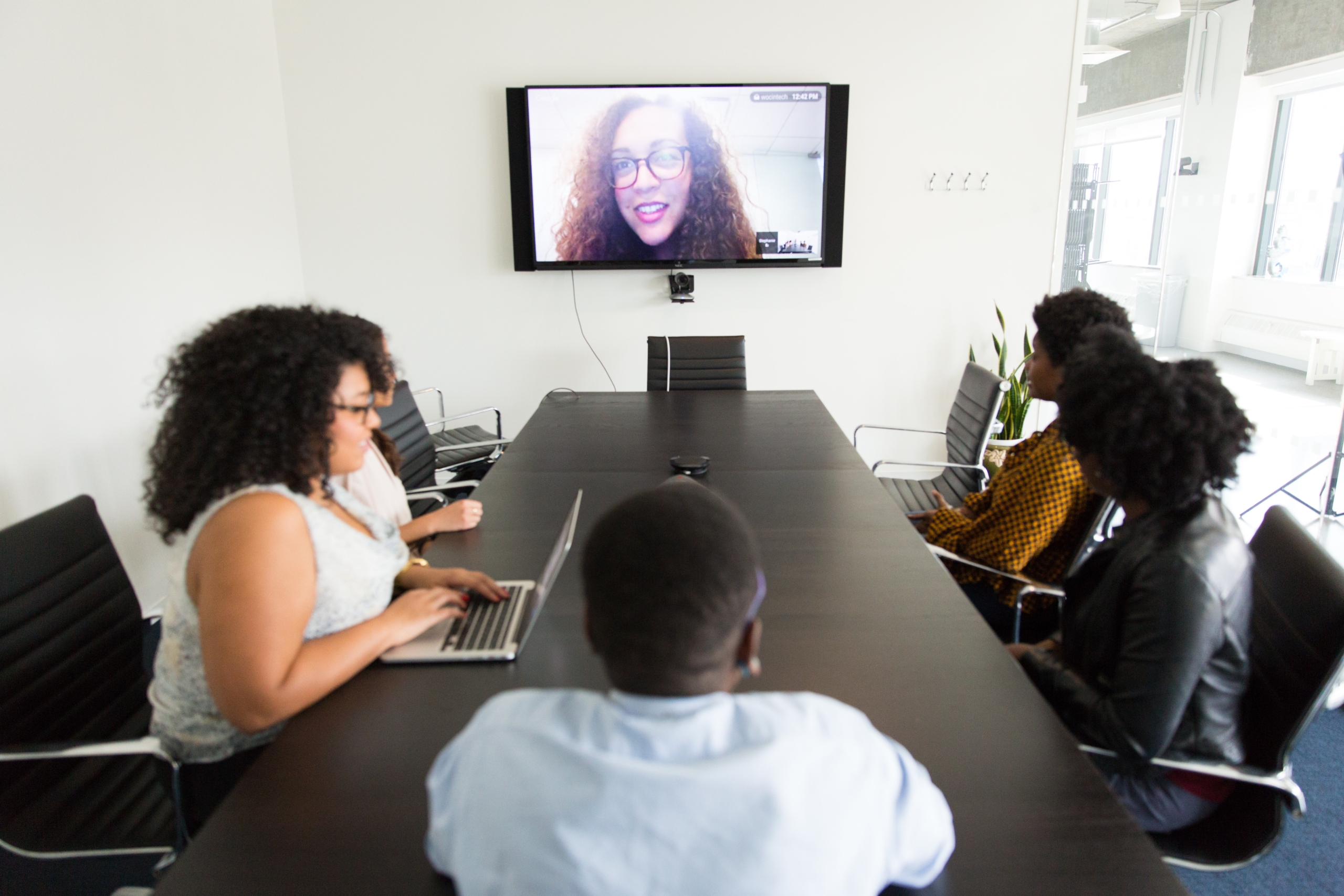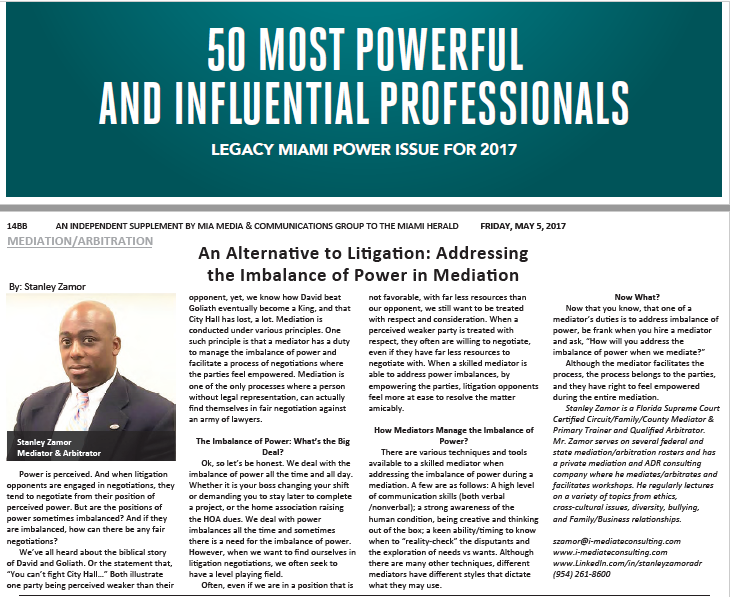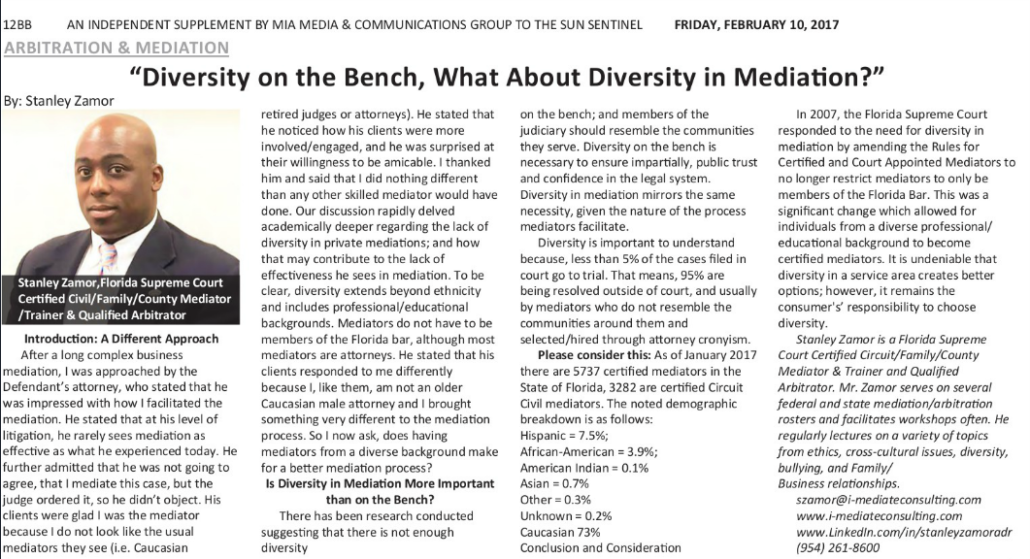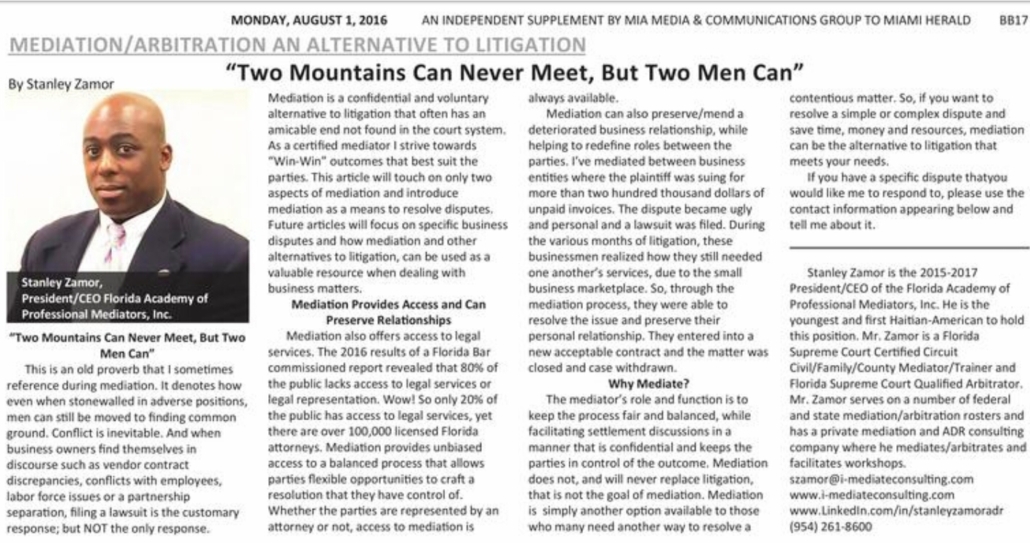An Alternative to Litigation: Can’t Afford a Lawyer. Don’t Need a Lawyer? DIY Solutions, REALLY.
If You Want to FIGHT…
If you want to fight, go to Court. If you want to bury your opponent in legal fees/cost or be vindicated with a sense of “I put you through same levels of frustration you showed me.” Then go to Court, right? However, if you want to find and create solutions that just “get it done” so you can move on and deal with other life circumstances. Or, if you need to resolve the conflict while repairing some aspect of the relationship, then mediation facilitated by a skilled mediator maybe what you need. And you can often do it yourself without a lawyer.
Sword-n-Sheid vs Bridge-n-Brick
We have been conditioned to believe that you can only find resolve in court. That the only way to get your legal needs met is when you go to court; and you can only do that if you hire a lawyer. While you should use and hire a competent lawyer who will vehemently represent you, most can-not afford competent representation. For those who have participated in the Court system, they will disagree with these comments; and add that after years of waiting, the decision they received rarely satisfied them.
Justice Jorge Labarga, Florida Supreme Court established a commission who conducted a three-year study regarding ‘Access to Civil Justice’. In its’ 2016 results the commission reported that the unmet civil legal needs of the disadvantaged, low and moderate-income Floridians are staggeringly high; mainly due to high legal fees. With over 100,000 members of the Florida Bar, I asked myself, “How is that possible?”
If You Want to Resolve and Move Beyond…
After over 20 years as a certified mediator (and trainer/coach) I have seen how advocates approach and use mediation the wrong way. Let us be straight and clear, mediation is a process that provides an alternative to the high-cost and uncertainty of Court. Mediators are ethically bound by Statute/Rule NOT to give legal advice (even if they are also an attorney) and can be grieved if they do. It is not court, yet many try to operate as if it is. When a skilled mediator knows how to address party needs/wants that mediator can help resolve conflict in a manner that Courts can’t; with or without an attorney present. A skilled mediator through conflict resolution techniques can help transition the discourse while achieving results where the interest/goal is to be done and move past that issue. Or, in many cases maintain a relationship past the dispute.
Stanley Zamor is a Florida Supreme Court Certified Circuit/Family/County Mediator & Primary Trainer and Qualified Arbitrator. Mr. Zamor serves on several federal and state mediation/arbitration rosters and mediates with the ATD (Agree2Disagree) Mediation & Arbitration, PA throughout Florida. As an ADR consultant & Coach he regularly lectures on a variety of topics from ethics, cross-cultural issues, diversity, bullying, and Family/Business relationships.
szamor@effectivemediationconsultants.com; www.LinkedIn.com/in/stanleyzamoradr
(954) 261-8600



